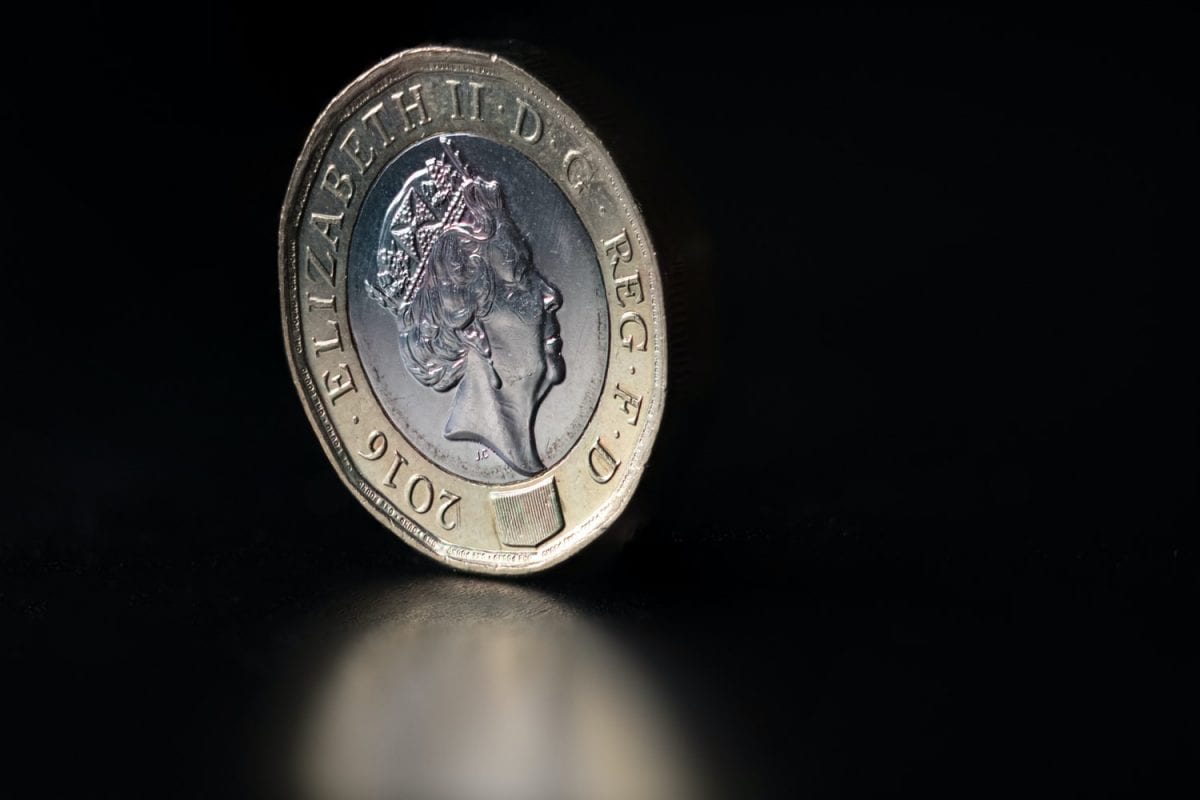Companies in the gambling industry were all dealt a financial blowback in April 2019 when fixed odds betting terminals (FOBTs) had their max stake reduced to £2 from £100. It was a sensible move by the Department for Digital, Culture, Media and Sport (DCMS) at the time but it’s since led to betting shop closures and job losses.
Little did the betting companies know what was in store for them a year later. In April 2020, Betfred and Rank Group won a long-running case against the tax authority over the VAT paid on FOBTs before 2013. Years of backdated tax has been awarded, and if other companies follow suit, which is likely, then the payout will be a whopping £1bn plus.
Betfred issued the following statement on the decision: “This is a historical tax case where the Upper Tribunal has agreed with the original court decision in July 2018 that licensed betting offices were wrongly charged VAT on Fixed Odds Betting Terminals between 2005 and 2013 before the introduction of machine games duty.
“We will not be making any further comment as HMRC is still able to seek permission to have an appeal on the matter heard by the Court of Appeal.”
Table of Contents
What Will the Tax Rebate Mean for Betting Companies?
Although it may not mean that betting shops that have closed recently will reopen, it will give an opportunity for gambling companies to pump money into their products and online sites in order to provide the very best experience to their customers.
A lot of players at this moment in time are doing all of their gaming online. Online casinos specifically rather than sports betting as there’s not a lot of sport going on right now. It wouldn’t be a bad idea for developers to focus on online games for their loyal customers with the funds that may become available once the tax rebate hits the accounts.
It’s not for us to say where the money should go, but it’d be great to see more technologically advanced games introduced. It’s usually down to the software providers to come up with the goods, but a great example of a betting company producing a unique game for its customers is Volt Casino. If you read reviews on Volt Casino, you’ll see that among other things, they’ve created a new kind of game called Volt City. As well as Volt Casino players enjoying their favourite casino games in the process, they can earn Volt Crystals which are used to develop and build their own Volt City while receiving wager free spins in the process. There are a lot of Volt City fans, so it wouldn’t be a surprise to see other iGaming companies follow a similar path.
Why Has the Tax Decision Taken So Long?
Per the UK tax code, punters haven’t had to pay tax on their bets since 2001. But bookmakers and online casinos have always needed to. Although it’s come to light that they’ve been paying too much since 2002. The first claim was made a long time ago from the Rank Group around machine VAT costs paid between 2002 and 2005 with reference to the 1994 Value Added Tax Act.
It looks like HMRC forgot about this claim and Betfred had Rank Group formerly contested the HMRC VAT charges on FOBTs wagering a couple of years ago by stating tax exemptions were in accordance with EU taxation policy on lottery and gambling products ‘subject to conditions and limitations laid down by each Member State’. HMRC didn’t actually update its gambling VAT legislation until the beginning of 2013 to cover FOBTs, which meant that any tax paid before that date should be wiped out according to Rank. They had to wait a couple of years but it now all seems worth the wait. Their objection was successful.
Of course, there will no doubt be an appeal against the decision, but it’s difficult to see where it can be overturned. It remains to be seen what exactly will happen but expect betting companies to receive a huge payout and money to be pumped into improving products and offering customers a better overall betting experience with special offers and improved loyalty programmes. It’s a blow for HMRC but an incredible gain for the gambling industry.

